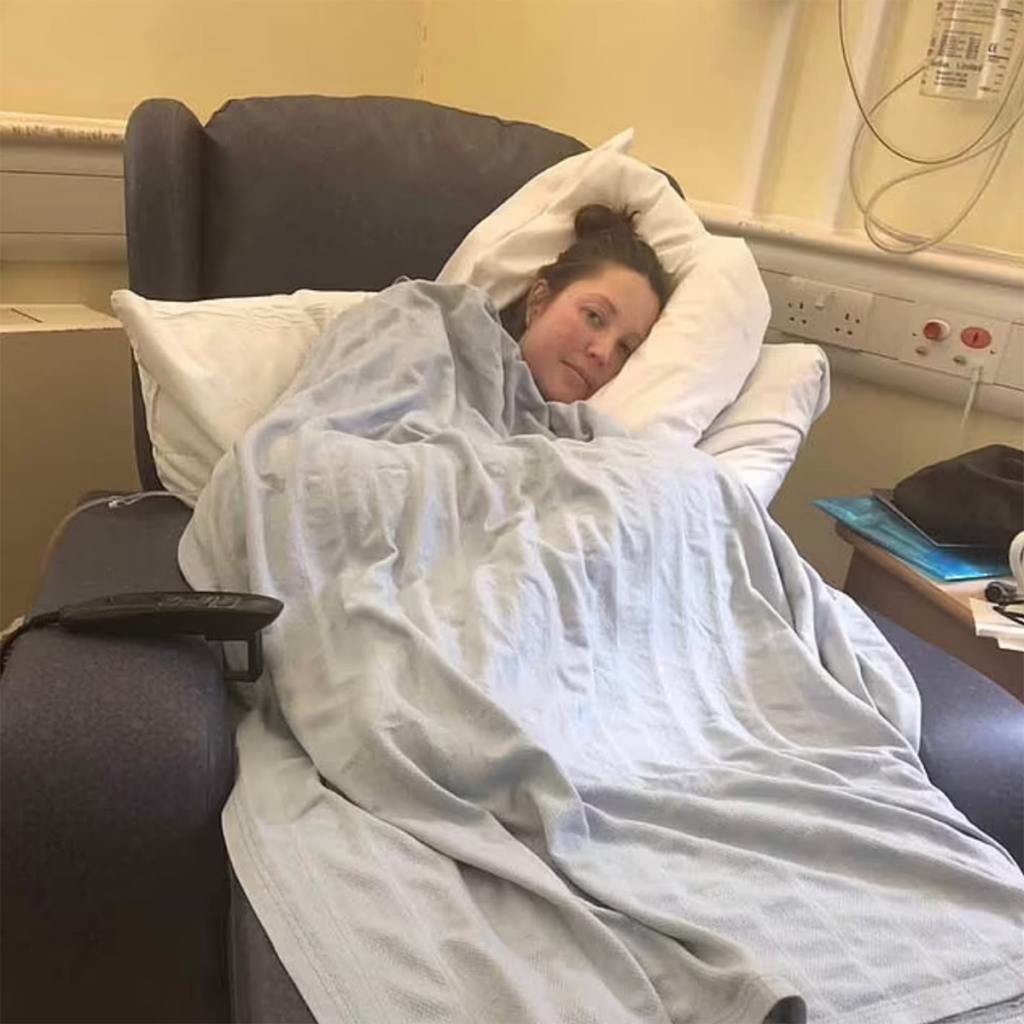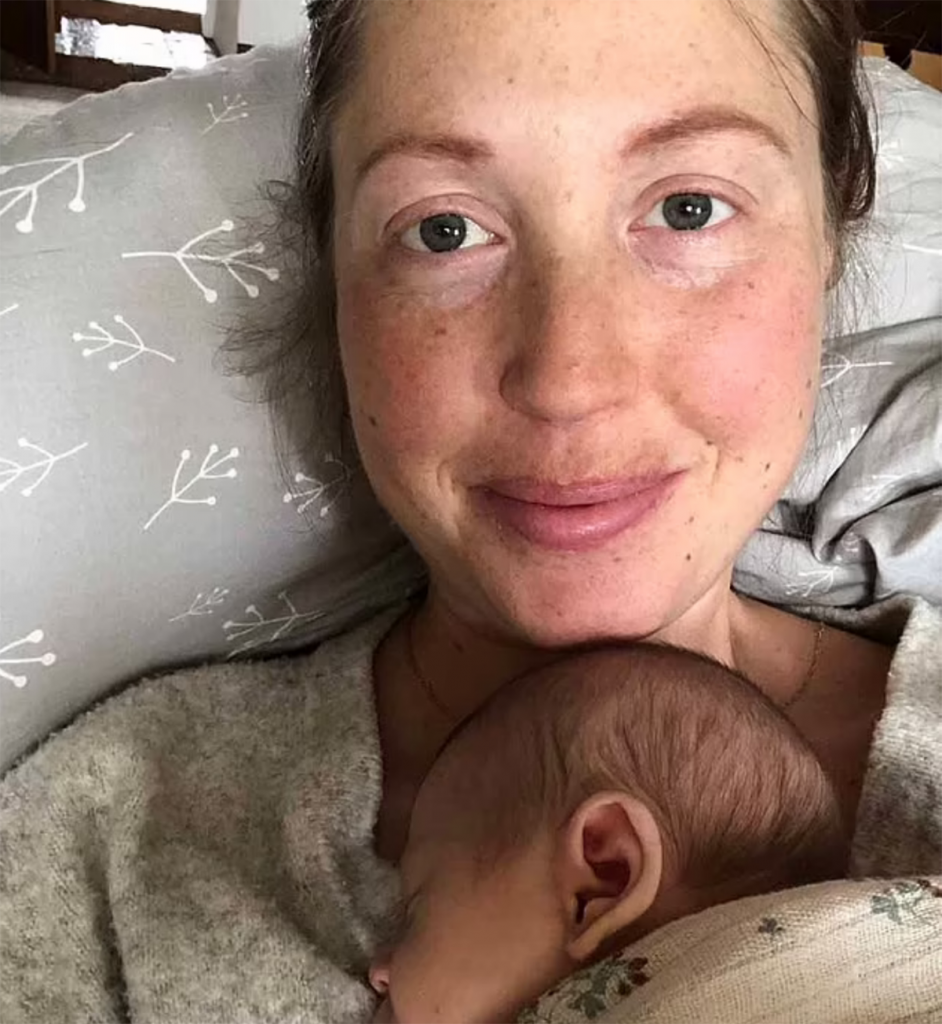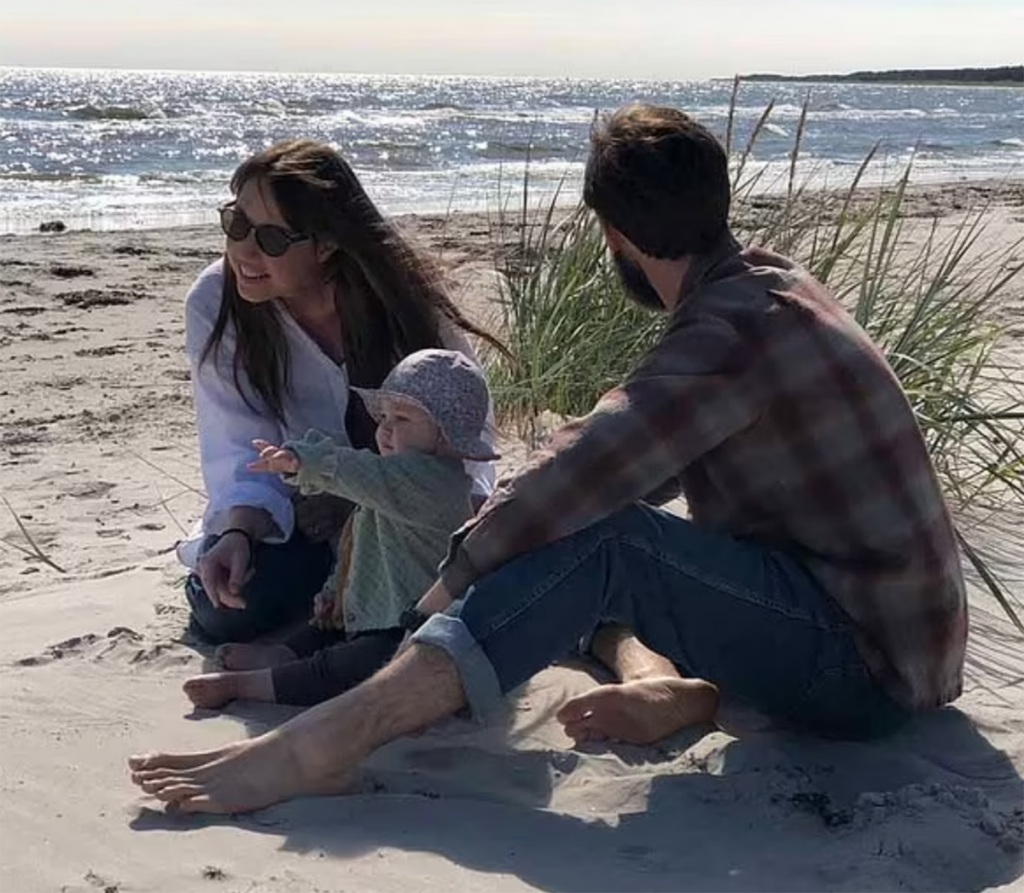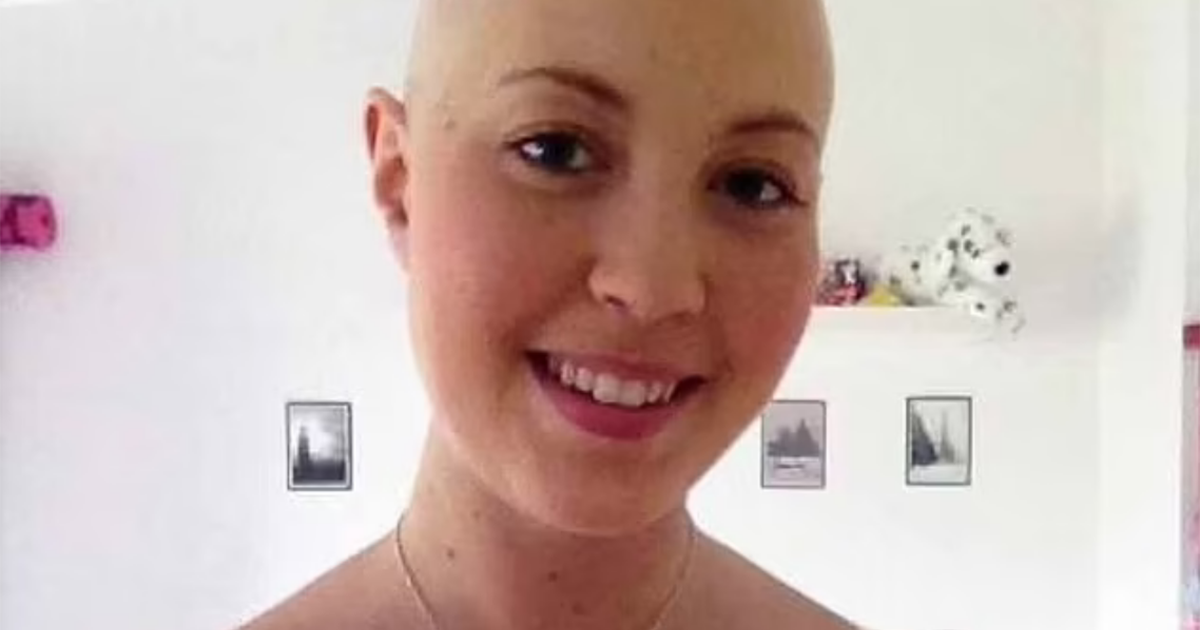Aggressive Breast Cancer in Young Women
- Nathalie Brett, now 34, was diagnosed with metastatic breast cancer in April 2012 when she was just 24 years old. As a result, she was told she could never have children.
- However, in January 2020, she became pregnant and had her daughter, Elsa, in September 2020. Then, in June 2021, she became the first person in the U.K. to have a breast bone transplant.
- A breast cancer diagnosis for a younger woman can often be even more devastating. This is because the cancer is likely to be a more aggressive form of the disease and also at an advanced stage (like in Nathalie's case), as screening for younger women isn’t standard.
She also recently celebrated another milestone: She became the first person in the United Kingdom to receive a breastbone transplant.
Read More
"I was in this waiting room, I was half the age of just about everyone there," she continued. "I didn't belong in that waiting room."
And, to make matters worse, the young woman who always wanted to be a mother was told she "absolutely could not try for a child."
"It would likely kill me, and I probably wouldn't be able to get pregnant," Nathalie said. "The choice was taken away from me at such a young age, and I cried whenever I saw someone with a child."
She had endured more than 100 rounds of various treatments chemotherapy, radiation, as well as a mastectomy to remove her left breast but in January 2020, Nathalie received the news she always wanted to hear: she was pregnant.

"Until the day Elsa was born, finding out I was pregnant was the happiest day of my life," she said. "I just wanted her so much."
Nathalie's daughter, Elsa, was born in September 2020. She's now 18 months old.
"Holding Elsa felt completely surreal," she continued. "It was the most beautiful day of my entire life. She was perfect."
"She's a bit of an extra miracle. She's the girl who should have never been born."
When Breast Cancer Spreads to the Bones
Nathalie's Breastbone Transplant
After Nathalie gave birth to Elsa, the good news just kept rolling in: she was given the opportunity to have a "once-in-a-lifetime" transplant surgery, giving her a future for the first time in years.
The surgery was a breastbone transplant, also known as an allograft sterno-clavicular reconstruction. During the 10-hour operation, Nathalie's breast bone and part of her collarbone were replaced with bone from a donor, according to the Daily Mail, making her the first person in the U.K. to receive this transplant. (Nathalie's breast cancer had spread to her sternum, making the operation vital.)
"I was offered a once-in-a-lifetime operation and, although it was a hard decision to make, I had to take the chance, even if it had never been done before," Nathalie said.

"For the first time in a very long time I can see a future in which I might get to grow old and, most importantly, get to see my daughter grow up," she continued.
"I will still have to live with cancer and be on treatment for the rest of my life, but I will, hopefully, be able to live for much longer."
Aggressive Breast Cancer in Young Women
Nathalie received her devastating diagnosis at age 24, a relatively young age to receive a breast cancer diagnosis. Organizations such as the U.S. Centers for Disease Control and Prevention and American Cancer Society recommend women start getting yearly mammograms (breast cancer screening) when they turn 45 years old. Women ages 45 to 54 should get a mammogram every year.
In the U.K., where Nathalie lives, women aren't eligible for routine mammograms until they turn 50 years old. The current recommended age for breast screening in the U.K. is between 50 and 70 years old.
Aggressive Breast Cancer in Young Women
Breast cancer mostly occurs in older women, but it's possible for women under the age of 45 like Nathalie to be diagnosed.
In fact, about 9% of all new breast cancer cases in the United States are found in women younger than 45.
A diagnosis for a younger woman can often be even more devastating, Dr. Ann Partridge, an oncologist at Dana-Farber Cancer Institute in Boston, previously told SurvivorNet. This is because the cancer is likely to be a more aggressive form of the disease and also at an advanced stage (like in Nathalie's case, considering her cancer is metastatic), as screening for younger women isn’t standard.
ACS recommendations state that women ages 40 to 44 should have the choice to start annual breast cancer screening such as a mammogram if they wish to do so.
When Should I Get a Mammogram?
Dr. Connie Lehman, director of the breast imaging clinic at Mass General Hospital in Boston, previously told SurvivorNet that it is very important for women to get a mammogram every year, especially if you haven't yet gone through menopause.
"We know that cancers grow more rapidly in our younger patients, and having that annual mammogram can be life-saving," Lehman said. "After menopause, it may be perfectly acceptable to reduce that frequency to every two years."
Learn more about SurvivorNet's rigorous medical review process.


